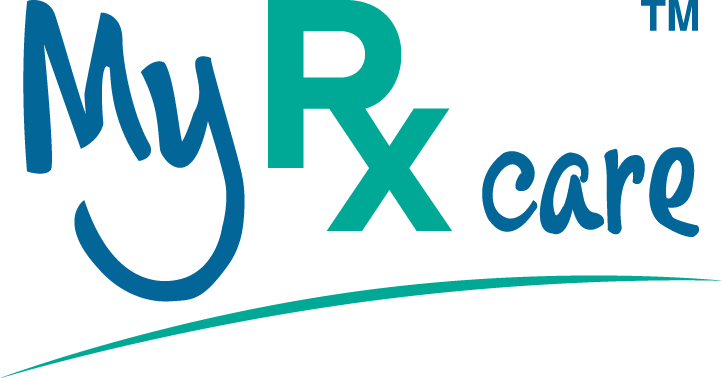Real-time data from mobile healthcare apps improve patient outcomes
Mobile healthcare apps have transformed the way healthcare is delivered by enabling healthcare providers to collect and analyze patient data in real-time. These apps provide patients with a convenient and accessible way to manage their health and communicate with their healthcare providers, while also giving healthcare providers access to real-time data that can inform their decisions and improve patient outcomes.
Mobile healthcare apps allow patients to monitor their health and record data such as blood pressure, blood glucose levels, heart rate, and other vital signs. Patients can also use these apps to track their symptoms, medications, and appointments, as well as to receive alerts and reminders about their health. This data can then be analyzed by healthcare providers to detect patterns and trends, identify potential health risks, and make more informed decisions about patient care.
Real-time data collection and analysis can help healthcare providers to identify problems early and take proactive measures to prevent complications. For example, a patient with diabetes can use a mobile app to monitor their blood glucose levels throughout the day. If the app detects that the patient's blood glucose levels are consistently high, it can alert the healthcare provider, who can then adjust the patient's treatment plan accordingly.
Mobile healthcare apps can also help to improve communication between patients and healthcare providers. Patients can use these apps to send messages, share data, and schedule appointments, which can reduce the need for in-person visits and improve patient satisfaction. Healthcare providers can use these apps to provide patients with personalized health advice and support, which can improve patient outcomes and reduce the risk of hospital readmissions.
Real-time data collection and analysis can also help to improve the quality of healthcare by providing healthcare providers with access to more accurate and comprehensive data. Healthcare providers can use this data to develop evidence-based treatment plans and identify areas where improvements can be made. This can lead to better health outcomes for patients and reduce healthcare costs.
In conclusion, mobile healthcare apps have the potential to revolutionize healthcare by enabling real-time data collection and analysis. These apps provide patients with a convenient and accessible way to manage their health, while also giving healthcare providers access to real-time data that can inform their decisions and improve patient outcomes. As the healthcare industry continues to embrace technology, mobile healthcare apps are likely to become an increasingly important part of patient care.

